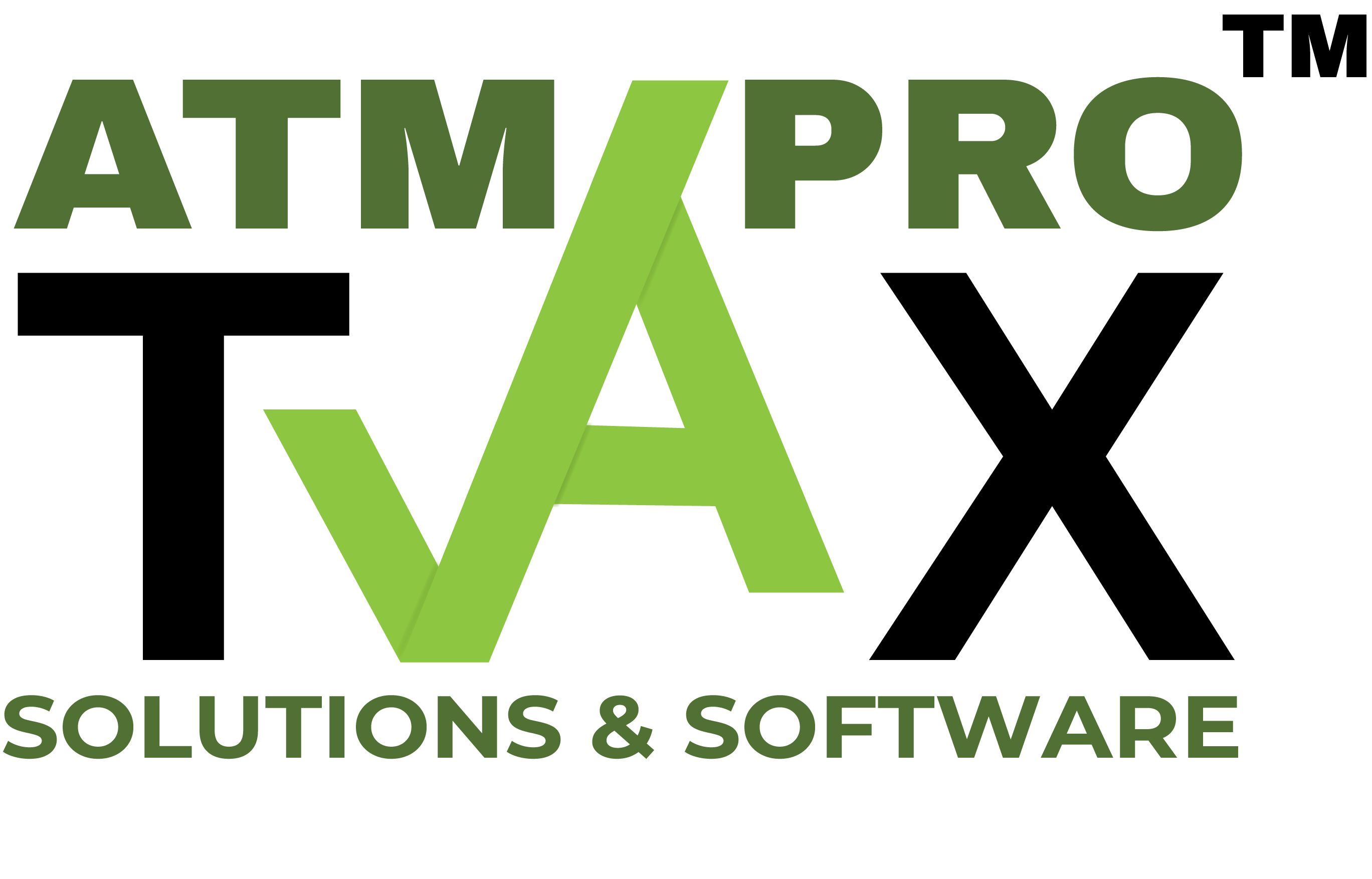Educational Center
- What Is a Dependent Exemption?
- What Does Adjusted Gross Income Mean?
- Income Tax Return Amount Due Meaning
- Business Taxes
- What Is a Commission?
- Direct Deposit Definition
- What Is Direct Tax?
- Earned Income Definition
- What Is the Earned Income Tax Credit?
- Electronic Return Originator Meaning
- What Is a Flat Tax?
- What Is an Injured Spouse Claim?
- What Does IRS Innocent Spouse Relief Mean?
- What Is Property Tax?
- Tax Deficit Meaning
- Electronic Filing
- Employee Taxes
- Excise Tax
- Tax Exempt
- Compulsory Filing of Income Tax Return
- Gross Income Meaning
- What Are Exemptions on Tax Returns
- Test to Become a US Citizen
- What Is Head of Household
- What Is Federal Income Tax?
- What Is an Authorized E-File Provider?
- Who Needs to File a Tax Return?
- Learn All About Financial Records
- What Is An Offer in Compromise and What Does It Mean?
- What Does Non Collectible Status Mean?
- What Is a Federal Tax Lien?
- Benefits Received Principle Definition
- Ability to Pay Definition
- Bonus Definition
Curious to know the meaning of direct tax? A direct tax is a tax that is imposed upon organizations and individuals by an overarching entity. Taxpayers can encounter multiple types of direct taxes, such as:
- Property tax
- Income tax
- Asset taxes
- Corporation taxes
- Etc.
What Is the Difference Between Direct and Indirect Taxes?
There is a key difference between direct vs indirect taxes. A direct tax is paid by the people/organizations the tax is imposed upon, while an indirect tax is imposed upon a single entity but is ultimately paid by a different person/entity.
What Are the Different Types of Direct Tax?
There are many direct tax examples in our current tax system. Excise taxes on retail sales, fuel, and cigarettes are all examples of indirect taxes, as the taxes aren’t originally imposed upon the consumer, but instead are passed along to them.
Some taxes are also referred to as consumption taxes. The clearest example of this is the value-added tax (VAT).
What Are the Advantages and Disadvantages of Direct Taxes?
The advantages and disadvantages of direct taxes are clear-cut. There are three main benefits of direct taxes:
- Equitable: The burden of direct taxes cannot be shifted to another. Thus, they can ensure that the rich are taxed higher than the poor, each according to their ability to pay.
- Economical: Direct taxes are far cheaper to collect than indirect taxes.
- Social Awareness: Citizens feel more socially aware with direct taxes. They pay a certain amount and expect a certain amount of services in return.
Direct taxes do come with several disadvantages, however:
- Direct taxes are evadable
- Direct taxes are ultimately arbitrary
- Direct taxes can disincentivize savings and investment
Regardless of what kind of taxes you have to face, there is help for you to get on top of them, and that help comes through ATM Tax Pro.
Whether it’s educating people like you about common tax questions, or supplying tax resolution solutions, our experts are on your side and can relieve the burden of taxes from your shoulders.
Contact us today to schedule an appointment.
